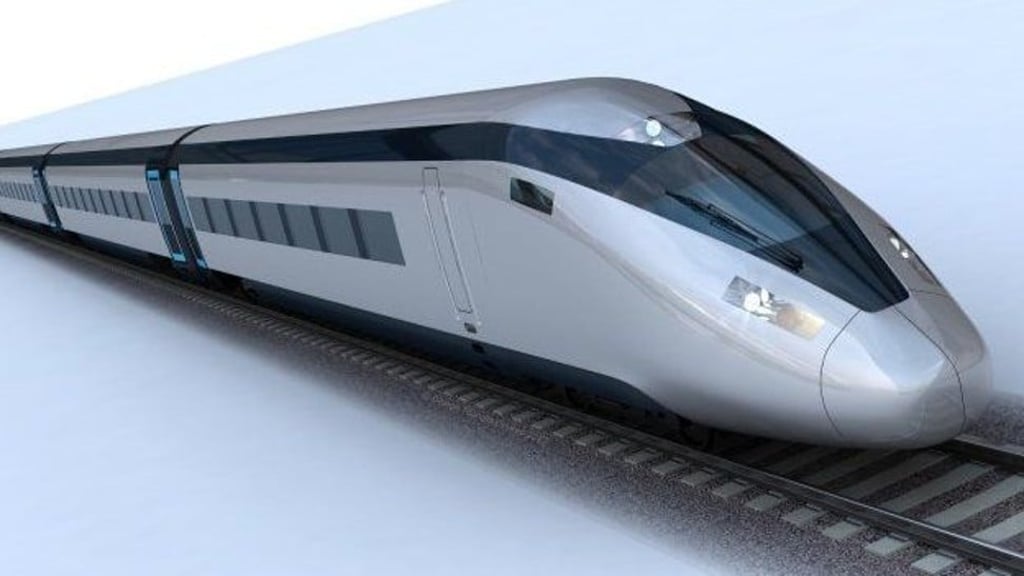China presses on with interest in UK’s high speed rail project with high level meeting in Beijing
- HS2 is the largest high speed rail project in Europe, but there are growing concerns in the UK about its cost and economic benefit
- Members of China’s government and biggest state-owned railway companies met with HS2 chief executive Mark Thurston in Beijing earlier this month

China is pressing ahead with its interest in the United Kingdom’s controversial HS2 project, the largest high speed rail project in Europe, despite growing concerns over its cost and economic benefits.
According to a brief statement on the website of China’s National Development and Reform Commission (NDRC, the state planner), the Chinese side was represented by China Railway Corporation, the country’s high-speed rail network operator and CRRC, the country’s rolling stock manufacturer.
Also in attendance were China Railway Construction Corporation and China Railway Group, China’s two state-owned railway builders. China Railway Signal and Communication Corporation, the high-speed railway signal developer, also sent a delegate for the meeting.

While the statement did not provide details about the content of the discussions, it suggested China’s interest in providing a wholesale package to build the UK’s second high-speed railway line.